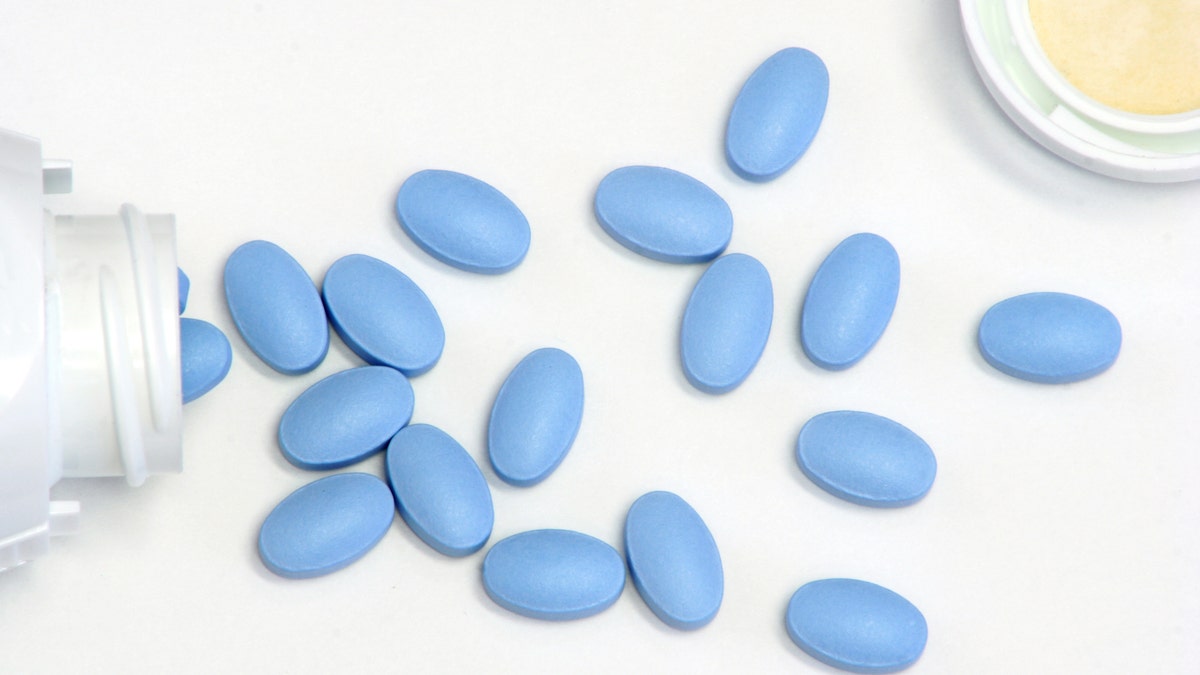Viagra, Levitra and Cialis typically treat men who suffer from erectile dysfunction (ED), but a new Swedish study says these ED drugs may also help prolong the lives of men diagnosed with colon cancer. The observational study published recently in Nature Communications found the risk of premature death significantly decreased by 18% among colon cancer patients who took the ED drugs, researchers concluded.
PDE5 inhibitors, such as Viagra, Levitra and Cialis, have an anti-cancer potential and may improve the prognosis of those with colorectal cancer, study author Wuqing Huang, a Ph.D. student at Lund University, said in a news release.
“Available preclinical evidence suggests that PDE5 inhibitors could slow down the tumor growth and progression in mice, but it is still unknown whether PDE5 inhibitors can hinder the proliferation of cancer in humans," she stated, noting that researchers decided to explore this notion.
URINALS MAY SPREAD CORONAVIRUS, STUDY FINDS
“We tried to explore this using real-world medical data in Sweden” she added.
Using a nationwide database, the researchers identified Swedish men diagnosed with colon cancer between 2005 and 2014. The team of investigators analyzed data on more than 11,300 cancer patients who did not take an ED drug and compared them with approximately 1,100 patients who did take the medication, according to their report. Patients with late-stage cancer were not included in the study.
At a follow-up after four years, 10% of the group taking the ED drug died from colorectal cancer, while the probability in the group who did not use the medication was 17.5%, according to the news release.

PDE5 inhibitors have an anti-cancer potential and may improve the prognosis of those with colorectal cancer, the study suggests. (iStock)
“After consideration of a range of clinical confounding factors, the relative risk of death caused by colorectal cancer was 18% lower among patients who used the drugs. The risk of metastases, especially distant metastases which is the main cause of death due to cancer, was also lower among patients who used PDE5 inhibitors," the study authors stated in the release.
The researchers found men who used the drugs after receiving surgery benefitted from an even stronger protective effect of the PDE5 inhibitor medication.
“This finding provides the first-ever human-based evidence in terms of the anti-tumor effect of PDE5 inhibitors on colorectal cancer, which complements the preclinical evidence,” Huang said.
The reason for the anti-tumor effect of the drugs is not yet known, Huang said, though previous reports suggest patients diagnosed with colon cancer that have lower PDE5A activity levels may have significantly longer lives, according to the study.
PENIS MICROBES MAY PLAY ROLE IN COMMON VAGINAL INFECTION, STUDY FINDS
The researchers said the medication may have beneficial effects on the patient's immune system, which is important because cancer surgery may suppress a person's immune system, ultimately leading to adverse effects.
"The results of our study suggest that the anti-cancer ability of PDE5 inhibitors might be related to regulating immunosuppressive effects," they wrote.
That said, it is still too early to tell if the ED drugs will work in fighting cancer, the researchers cautioned.
”Randomized clinical trials are needed to confirm our research findings before PDE5 inhibitors can be used as an adjuvant drug for men with colorectal cancer, as well as experiments that explore the underlying biological mechanisms," Huang said in the news release.
“The observed findings should be interpreted with caution as this is an observational study and the biological mechanisms need to be explored further. We have already collaborated with other scientists to explore the underlying mechanisms by utilizing animal experiments and cancer organoid," added Jianguang Ji, a researcher at Lund University involved in the study.
